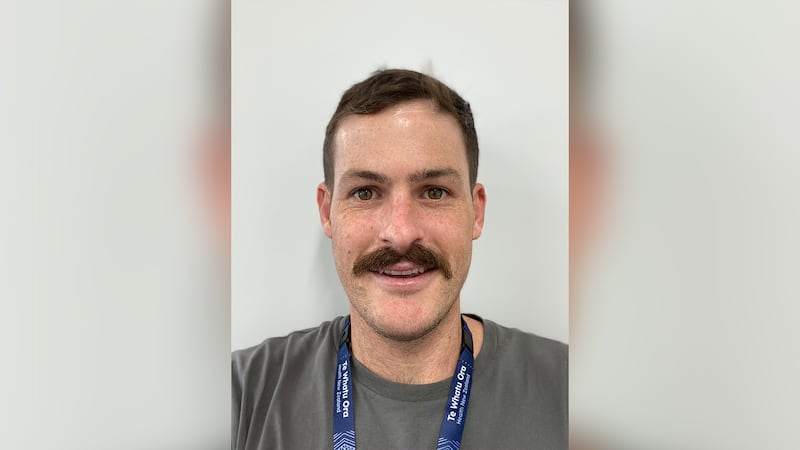New research from the University of Otago, Christchurch, shows an alarming rise of young Kiwis having colorectal cancer (CRC), with Māori even more at risk.
Study lead author Dr Oliver Waddell said the Māori rate of bowel cancer was lower than the general population but the rates of Māori under 50 with bowel cancer were rising faster than the rest of the population.
This is of grave concern because, once they are diagnosed with colorectal cancer, Māori are more likely to die from their disease than non-Māori, and also more likely to be diagnosed with stage 4 advanced disease, possibly due to delayed diagnosis and inequitable access to cancer treatment.
— Dr Oliver Waddell
“If these increases go on unchecked, we will see colorectal cancer rates in Māori overtake those of the general population,” Waddell wrote in a statement.
Of all Māori CRC cases in 2020, 18 per cent were under the age of 50. This was in comparison to the 8.5 per cent for the overall population.
The study looked at all bowel cancer diagnosis in Aotearoa between 2000 and 2020, making it the most up-to-date information available. It looked into overall trends by age, sex and site of disease.
“We can see that overall the incidence of bowel cancer is staying stable.
“When we look at what’s happening in different age groups, we can see that bowel cancer being diagnosed under the age of 50 years, so in younger people, is rising fairly dramatically.
“We’re seeing that it’s rising at about 26 per cent every 10 years,” Waddel told Te Ao Māori News.
Although CRC still mainly affects older people, the study found an 18 per cent decrease per decade for those aged 50-79 in the general population while for Māori it was stable.
The new research suggests if trends continue to 2040, there will be 524 cases of early-onset colorectal cancer diagnosed each year in Aotearoa, which will be basically double the 2020 cases.

Lower bowel screening age plea
Waddell and others involved the study are calling for the bowel screening age to be lowered as screenings for Māori and Pacific Islanders are between the ages of 50-74 years old While it’s 60-74 for everyone else.
“We’ve written articles in the past calling for the screening age to be lowered.
“We think this research just adds further weight to the case that we need to lower the age of bowel cancer screenings,” he said.
CRC is the second most common cancer in Aotearoa in both men and women, with more than1,200 people dying from it each year. In 2020 3,515 people were diagnosed with CRC in New Zealand.
Waddell doesn’t know the reason for the uptick of bowel cancer diagnosis, both nationally and internationally, but believes there is more research to be done in the area.
The conventional risks of bowel cancer are known such as obesity, alcohol, processed meat, sugary drinks and a high-fat, low-fibre diet but they say the microbiome in early-onset CRC patients differs.
Waddell recommended people go to a doctor if they got any symptoms of bowel cancer and that it was okay to get a second opinion if they didn’t think their first doctor diagnosed them correctly.
Symptoms may include:
- bleeding from the bottom (rectal bleeding);
- change of bowel motions/habits that come and go over several weeks;
- anaemia;
- severe persistent or periodic abdominal pain;
- a lump or mass in the abdomen; or
- tiredness and loss of weight for no obvious reason


